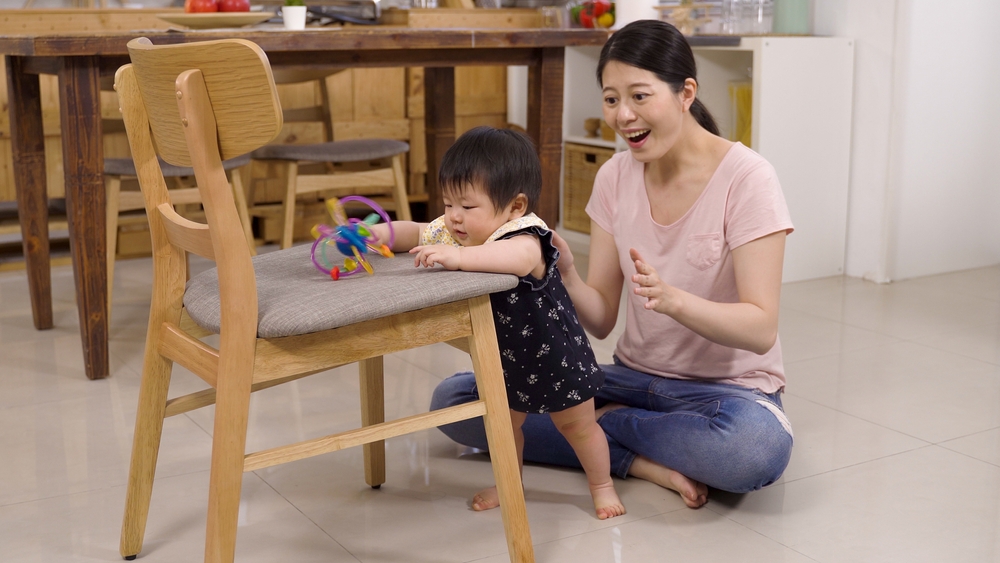
Written by: Heep Hong Society Educational Psychologist Team
Many children aged 4 to 5 tend to look around and fidget during meals because they are not yet adept at using utensils. Additionally, their short attention spans, still-developing sense of time, curiosity about their surroundings, or even a desire to avoid eating may contribute to their lack of focus.
Short Attention Spans
Children aged 4 to 5 generally need longer meal times than adults. This is partly because they are not yet familiar with using utensils, which can lead to clumsiness, and partly because their chewing and digestive abilities are still developing, necessitating longer meal times. Furthermore, due to their short attention spans, low self-control, and lack of time awareness, they are easily distracted by their environment. When they become engrossed in something interesting, they may even forget about their meal in front of them, often requiring repeated reminders from parents to continue eating, which prolongs mealtime.
Parents dealing with children who have short attention spans can try to create a consistent, quiet, familiar, and simply arranged dining environment. They can set a reasonable time limit for meals and remind the children periodically of the time limit to ensure they finish their meals within that timeframe.

Curiosity About the Surroundings
Additionally, some children are naturally “observational” learners with strong curiosity, often learning new things by observing through their eyes. Even during meals, they might look around, continuing to learn. Although this behavior might seem like they are not concentrating, they rarely “forget” to eat; they simply continue eating while indulging in their observations. For such observational learners, instead of letting them look around, parents might consider engaging them with books during meals to foster a reading interest.
Of course, there are also “mixed-type” children and those who look around to avoid eating foods they dislike, deliberately delaying or performing small actions to draw attention. Therefore, to address the issue of children looking around during meals, parents need to carefully observe and understand the underlying problems.
No Need to Rush Meals
The pace of life in Hong Kong is fast, and meal times are becoming increasingly shorter. Sometimes, seeing children eat slowly can make parents anxious. Ultimately, if time permits, children should be given ample time to chew slowly and savor the taste of their food. Lastly, parents might consider reducing the portion sizes for their children, making it easier for them to finish their meals at the table. This approach can reduce potential conflicts at the dining table and increase the children’s motivation to eat more when they feel hungry.

















